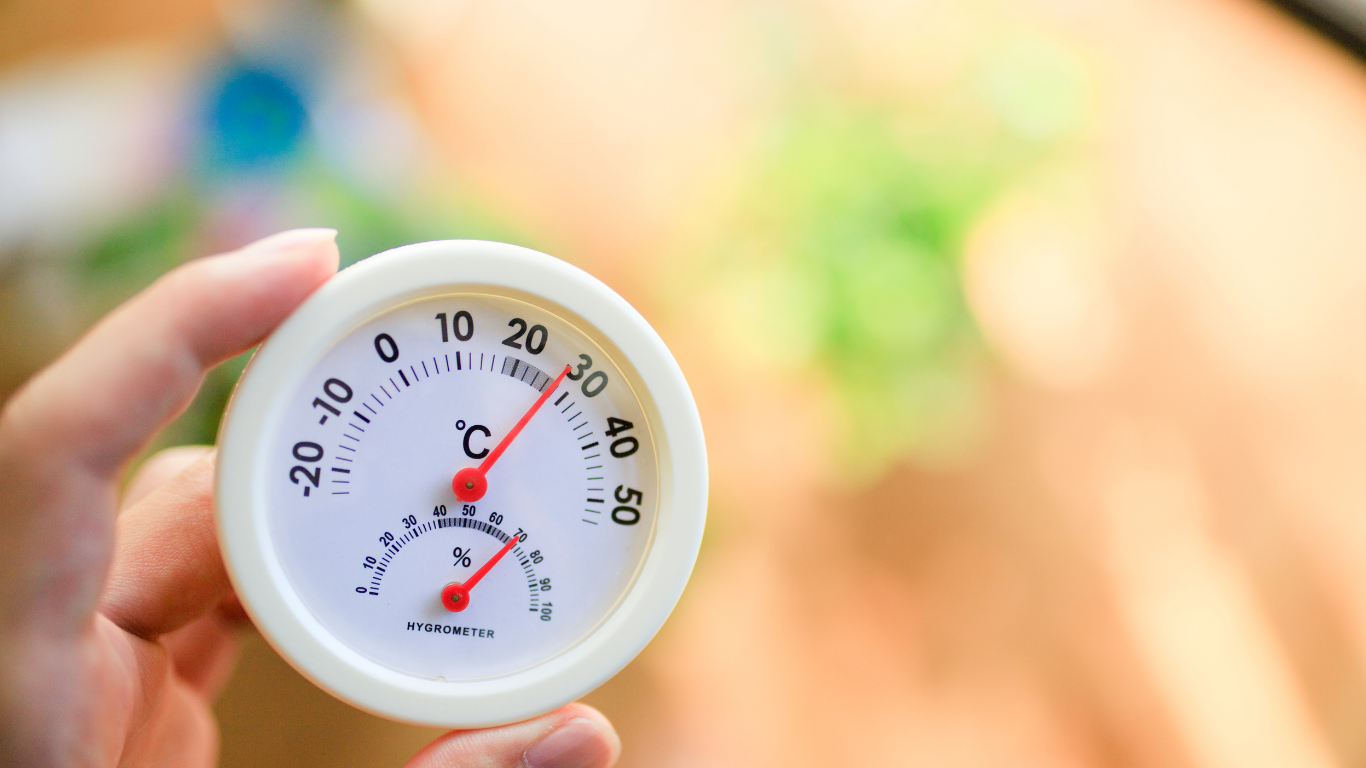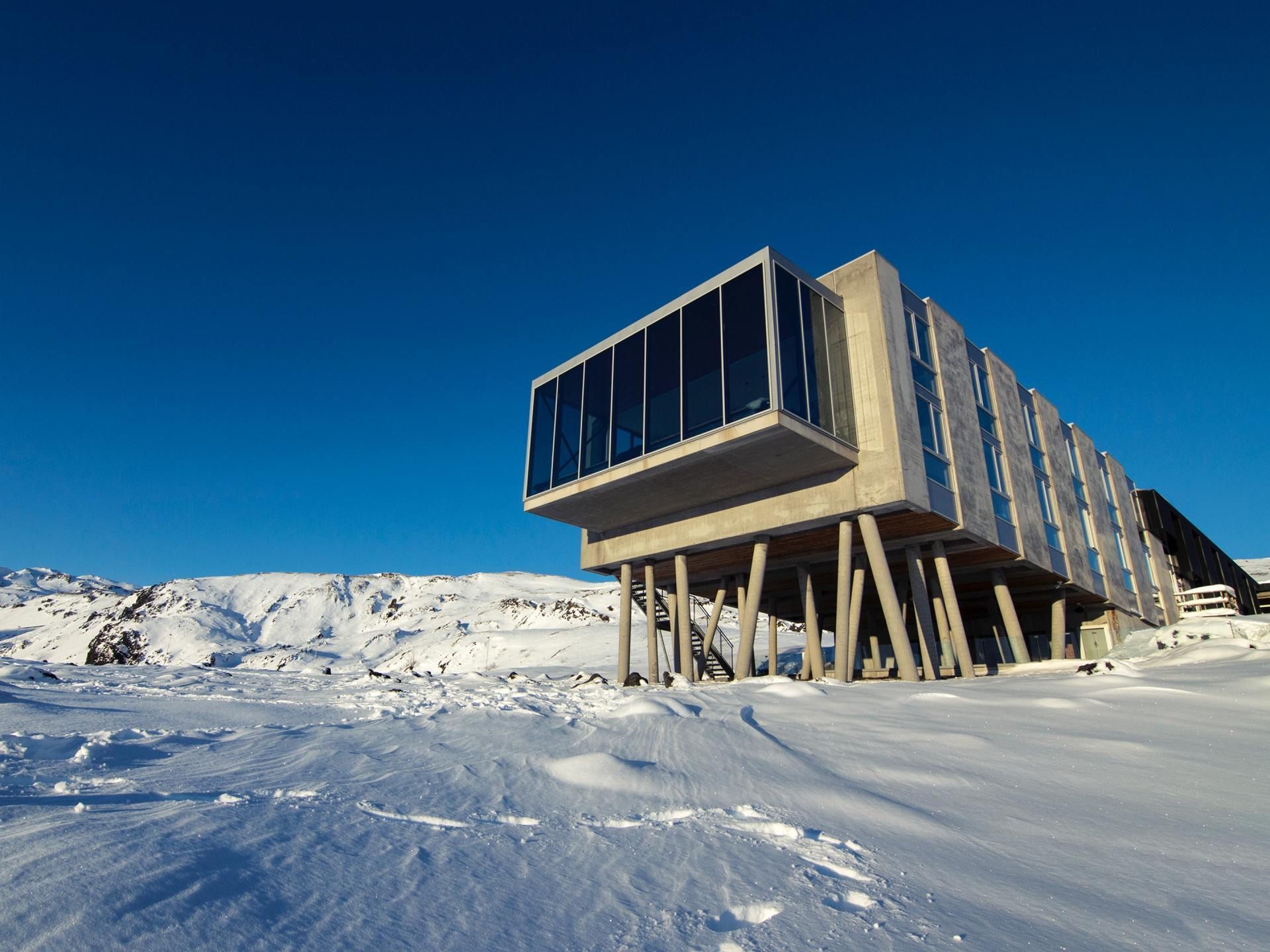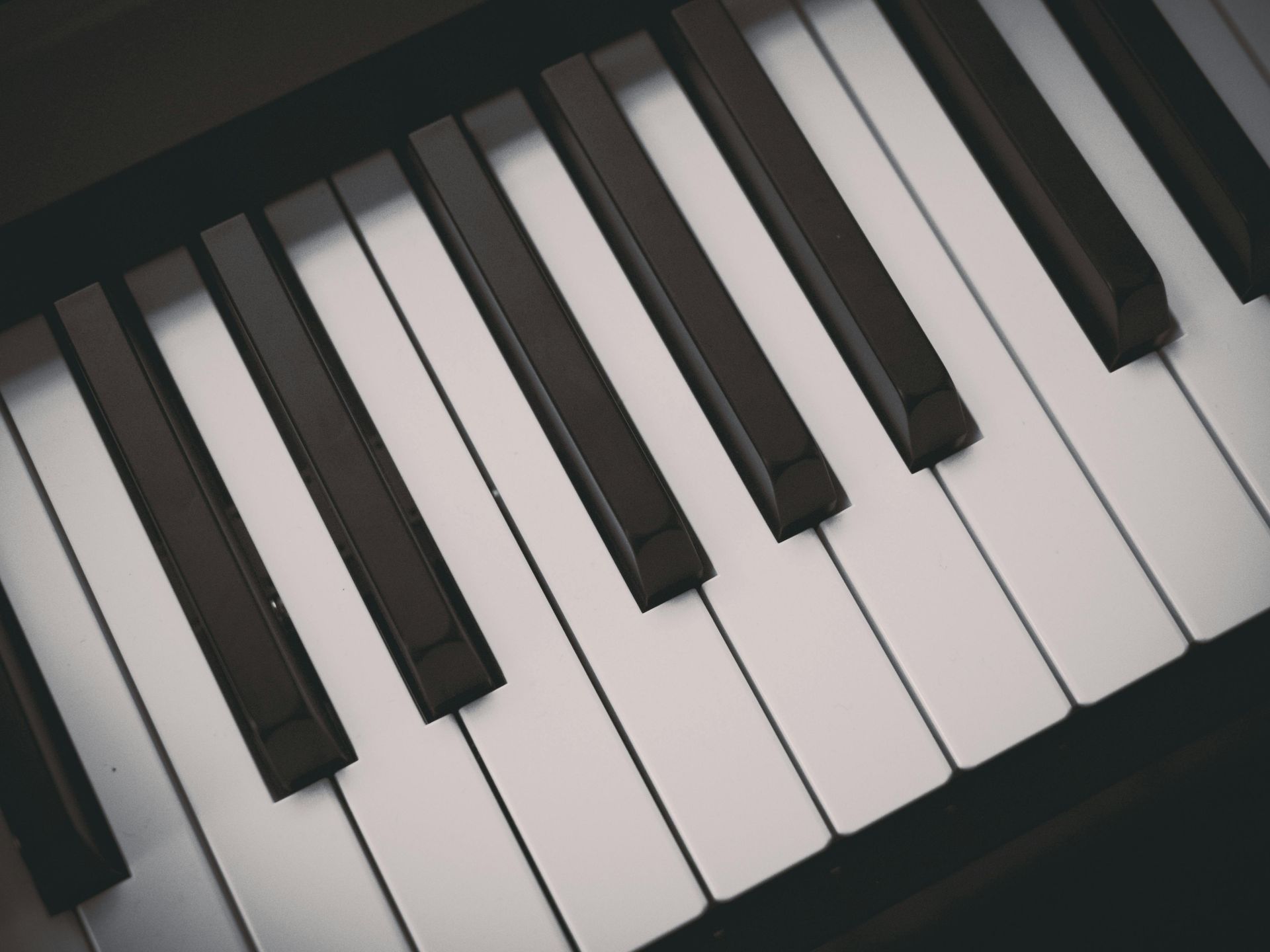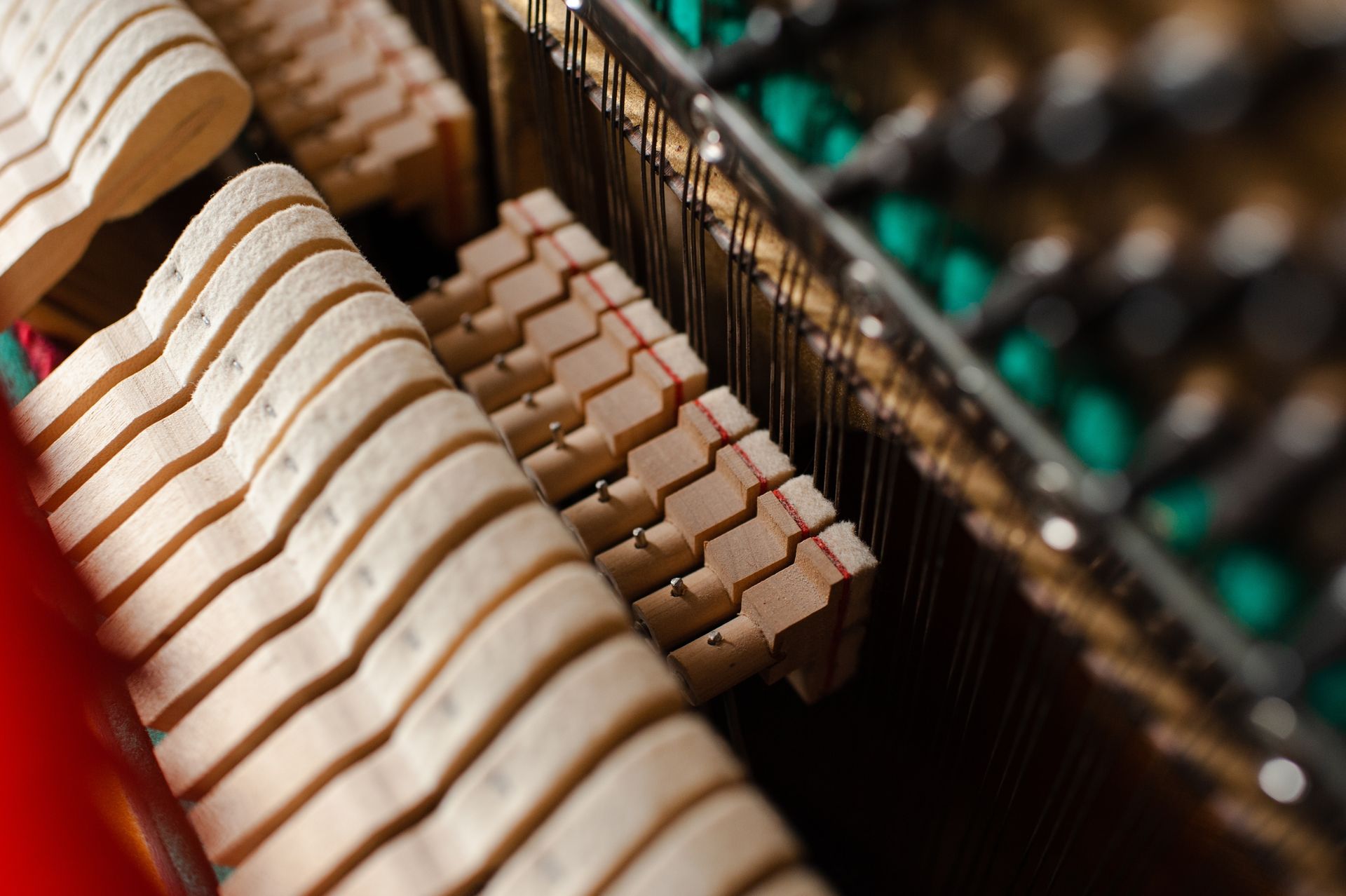How Often Should You Tune Your Piano in Wisconsin?
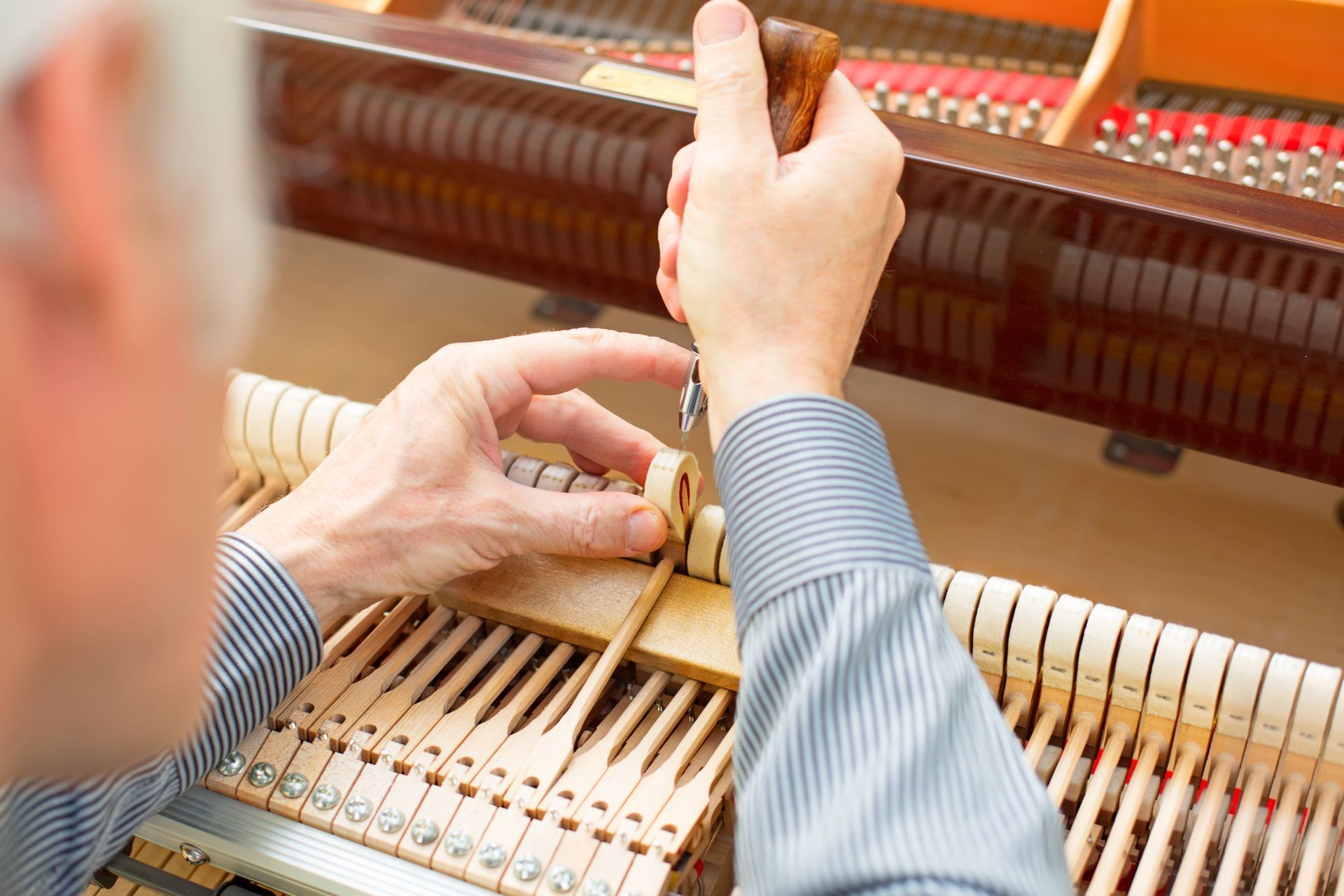
When Was the Last Time You Tuned Your Piano?
If you're like many piano owners in Wisconsin, you might not be sure. Maybe it was last year… or maybe it was when your youngest kid started lessons (and now they’re in college). Whatever the case, tuning your piano on a regular schedule is one of the most important ways to preserve its sound, value, and performance.
And if you live in Wisconsin? Our four-season climate makes tuning even more important.
🎹 So… How Often Should You Tune?
The standard recommendation for most acoustic pianos is:
- Every 6 months (twice a year)
OR - At least once per year minimum
This schedule keeps your piano close to proper pitch and prevents long-term tension imbalances. That said, several factors might mean your piano needs more frequent attention.
🌡️ Wisconsin’s Seasonal Shifts = Tuning Instability
Living in the Northwoods means your piano deals with wild temperature and humidity swings throughout the year. Cold, dry winters and humid summers affect the wooden soundboard, causing it to expand and contract. This movement changes the string tension, which throws your piano out of tune—sometimes dramatically.
You may need more frequent tuning if:
- Your home isn’t humidity controlled
- Your piano sits near windows, heaters, or AC vents
- The piano is played frequently or professionally
- You’ve recently moved the instrument
- It hasn’t been tuned in years and needs pitch correction
🎵 But My Piano Still “Sounds Fine”… Right?
It’s common for people to say “it still sounds okay to me.” But piano tuning is more than just subjective sound—it’s about maintaining structural stability and preventing long-term damage.
When a piano drifts too far from standard pitch:
- Strings become unevenly tensioned
- The soundboard may become strained
- Tuning pins can loosen permanently
- Voicing and regulation become harder to maintain
- Your ear and technique may adjust to “off-pitch” tones without realizing it
Even if you’re not a concert pianist, keeping your piano in tune protects your investment and gives you the best possible playing experience.
📅 A Simple Yearly Schedule
For most households, I recommend tuning your piano:
- Once in Spring or Early Summer (after furnace season ends)
- Once in Fall (after humidity stabilizes post-summer)
This helps balance out seasonal pitch drift and keeps the piano in reliable shape year-round.
For churches, music schools, or performers, quarterly tuning is ideal—especially for pianos used multiple times per week in varying environments.
💡 Bonus Tip: Use Your Tuning to Catch Other Issues
When I come to tune a piano, I don’t just tweak a few strings and head out. I listen to your piano’s overall condition and watch for signs of:
- Action wear
- Sticky keys
- Uneven tone (voicing issues)
- Mechanical imbalances
- Humidity-related warping
These early catches can save hundreds in long-term repairs—and keep your piano feeling as good as it sounds.
📍 Local Climate = Local Expertise
Not all tuners understand Wisconsin’s unique climate challenges. With over 23 years of experience and thousands of pianos serviced across the Northwoods, I know what your piano is going through—and how to help it thrive in this environment.
Whether you live in Woodruff, Minocqua, Rhinelander, Eagle River, or anywhere within a 100-mile radius, I’ll bring personalized care and pitch-perfect results straight to your home or institution.
📞 Ready to Schedule a Tuning?
If it’s been over a year (or you can’t even remember the last time), now is the perfect time to get back on track.
🎶 I’ll tune your piano to standard pitch, inspect for underlying issues, and leave it sounding clean, crisp, and beautiful once again.
Call or email me directly to book an appointment:
📍
Bill’s Piano Services – Based in Woodruff, WI
📞 (715) 892-2705
📧 billn0614@gmail.com
🗓️ Flexible scheduling, friendly service, fair pricing.
